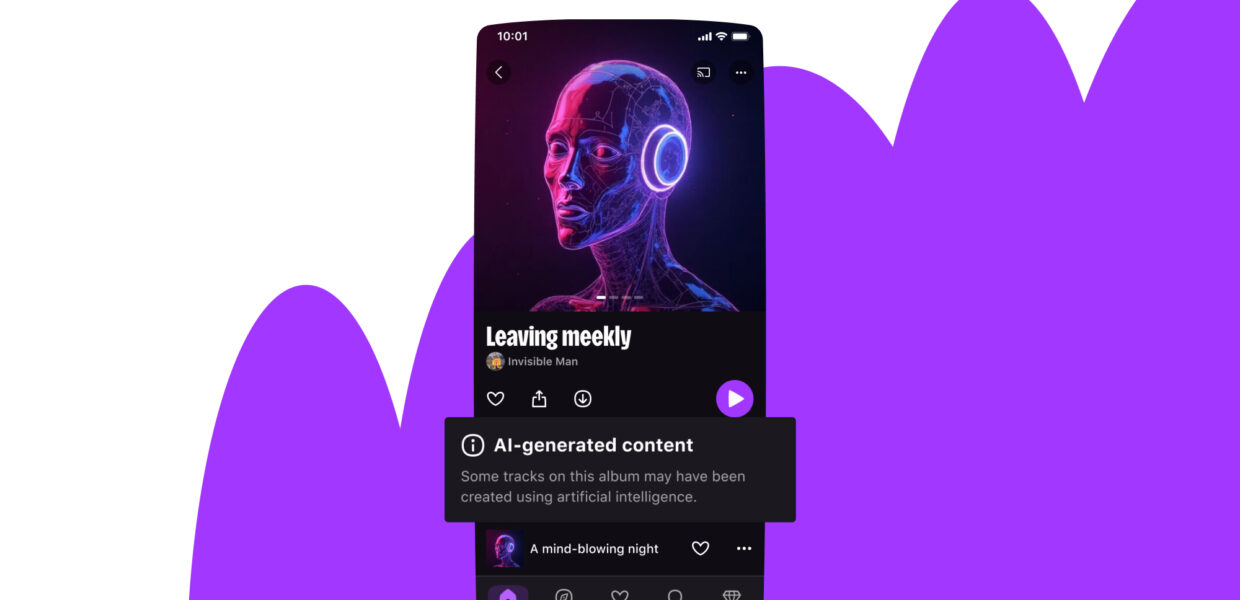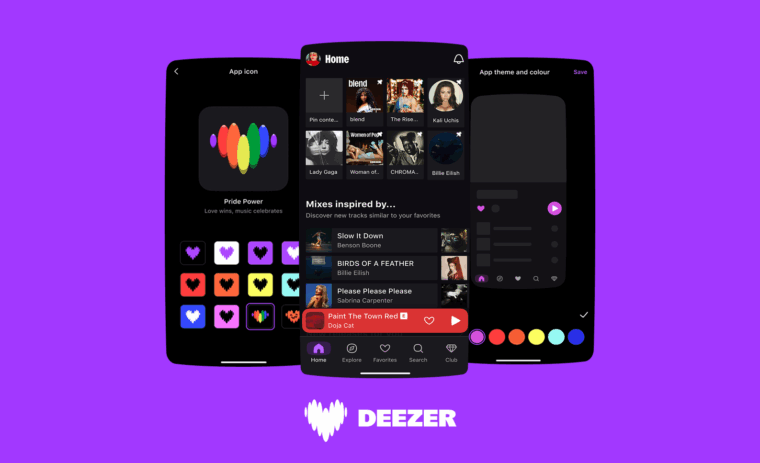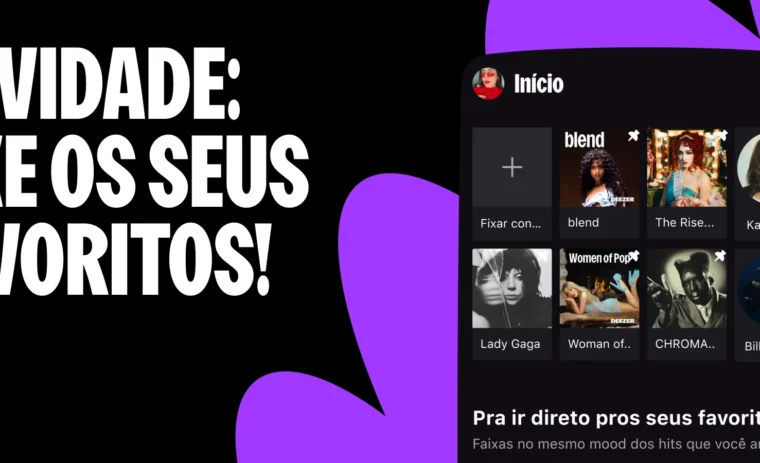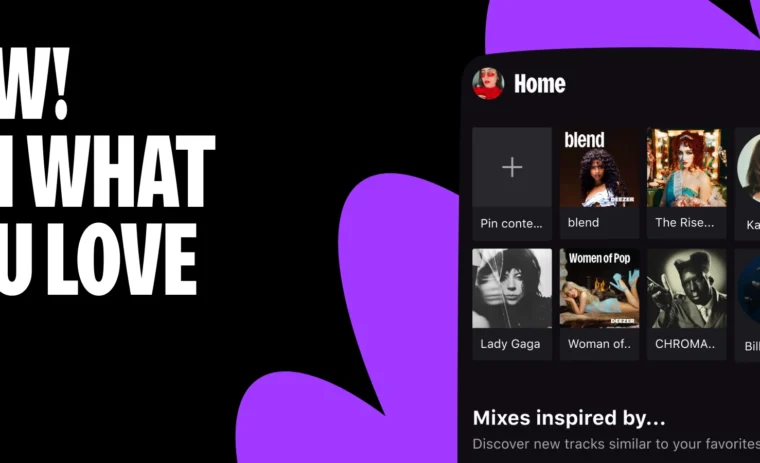All albums on Deezer with AI generated tracks are now clearly tagged to give music fans full transparency
Paris, June 20, 2025 – Deezer, the global music experiences platform, today introduced the world’s first AI tagging system for music streaming, clearly displaying which albums include fully AI generated tracks. The company recently announced the launch of its cutting-edge AI-Music detection tool, revealing that nearly one fifth (18%) of all music uploaded on a daily basis, more than 20,000 tracks, are 100% AI generated.
“We’ve detected a significant uptick in delivery of AI generated music only in the past few months and we see no sign of it slowing down. It’s an industry wide issue and we are committed to leading the way in increasing transparency by helping music fans identify which albums include AI music,” said Alexis Lanternier, CEO, Deezer. “AI is not inherently good or bad, but we believe a responsible and transparent approach is key to building trust with our users and the music industry. We are also clear in our commitment to safeguarding the rights of artists and songwriters at a time where copyright law is being put into question in favor of training AI models.”
Although fully AI-generated music currently accounts for only a small fraction of streams on Deezer — approximately 0.5% — it’s evident that the primary purpose of uploading these tracks to streaming platforms is fraudulent. Deezer has found that up to 70% of the streams generated by fully AI-generated tracks are in fact fraudulent. When detecting stream manipulation of any kind, Deezer excludes the streams from the royalty payments.
Deezer is currently excluding fully AI generated tracks from algorithmic and editorial recommendations, in order to minimize any negative impact on artist remuneration and the user experience.

*** ENDS ***
Notes to editors:
Deezer’s AI music detection tool sets an industry standard, with the ability to detect 100 % AI-generated music from the most prolific generative models – such as Suno and Udio, with the possibility to add detection capabilities for practically any other similar tool as long as there’s access to relevant data examples. Not only that, Deezer has made significant progress in creating a system with increased generalizability, to detect AI generated content without a specific dataset to train on. The reported increase comes at a time of growing concerns about AI companies training their models with copyrighted material, and governments potentially diminishing copyright laws to facilitate AI development. Deezer is committed to protecting the rights of artists and creators, and remains the only streaming platform to sign the global statement on AI training.
AI is a critical challenge for the music industry – According to a study conducted by CISAC and PMP Strategy, with participation from key industry players (including Deezer), nearly 25% of creators’ revenues are at risk by 2028, which could amount to as much as €4 billion by that time. This represents a colossal, even critical, challenge for the music creation sector as a whole. https://www.cisac.org/services/reports-and-research/cisacpmp-strategy-ai-study
Delivery vs streams – Most of the daily delivery of AI tracks are never streamed on Deezer, but they are diluting the catalog and are used for fraudulent activity – today, up to 70% of all streams of fully AI generated tracks are fraudulent.
Two new patents – In December 2024, Deezer applied for two patents for its AI Detection technology, focused on two different methods of detecting unique signatures that are used to distinguish synthetic content from authentic content.
Press Contact Deezer
Jesper Wendel
jwendel@deezer.com






